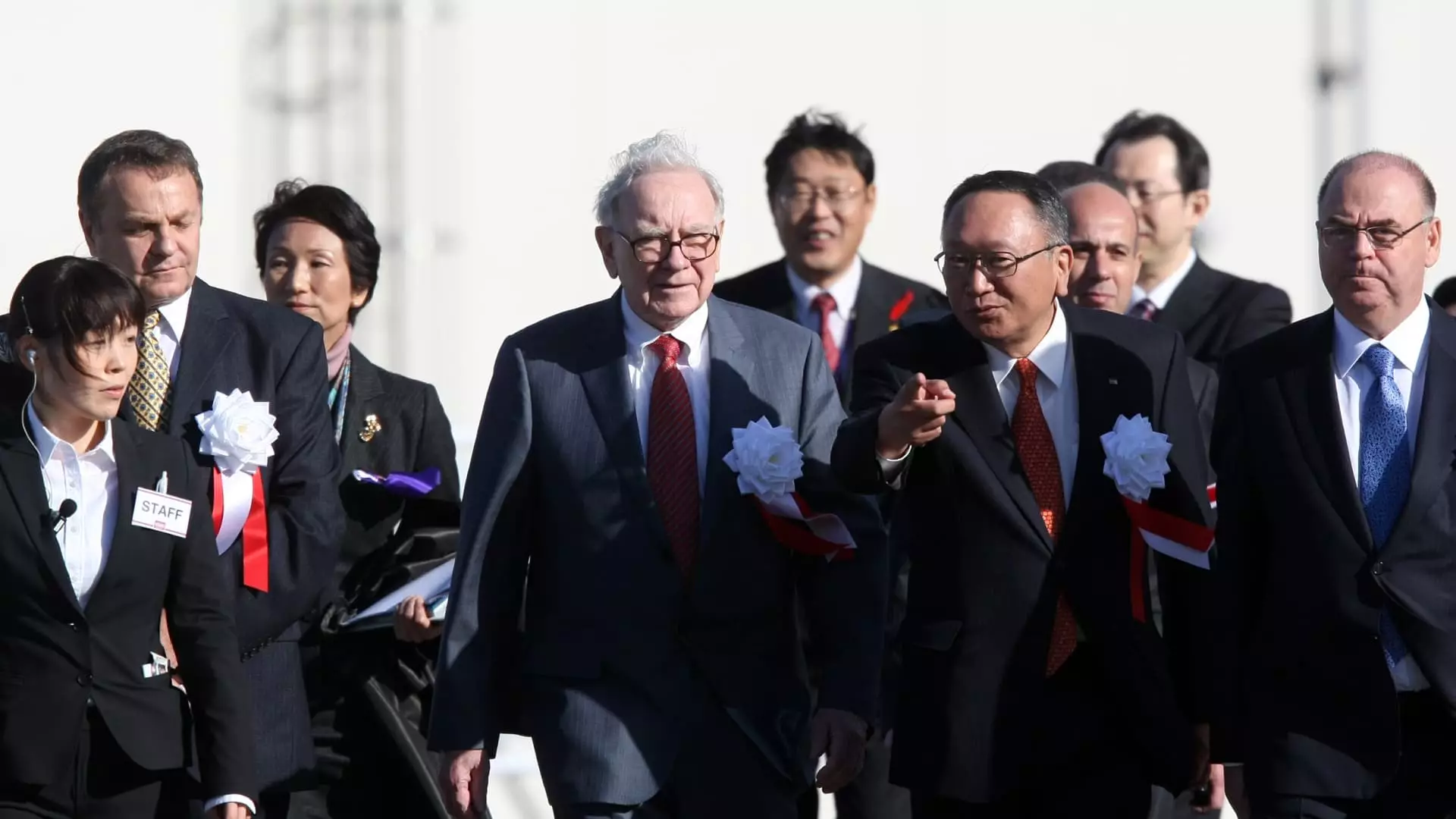In a significant update to its investment strategy, Berkshire Hathaway has reaffirmed its commitment to its Japanese holdings, led by renowned investor Warren Buffett. In his most recent letter to shareholders, Buffett noted a pivotal agreement with five major Japanese trading houses—Itochu, Marubeni, Mitsubishi, Mitsui, and Sumitomo—allowing Berkshire to extend its ownership stake beyond an initial limit of 10%. This strategic maneuver illustrates Buffett’s long-term vision for these investments, which he describes as a reflection of Berkshire’s own operational ethos.
These Japanese firms, collectively known as “sogo shosha,” serve as vital conduits in numerous sectors, both domestically and globally. Buffett has highlighted the similarities between these trading houses and Berkshire Hathaway, emphasizing their diversified investment strategies. This alignment makes them appealing long-term partners for Berkshire. Buffett first dipped into these investments in July 2019, and since then, the decision has appeared increasingly prescient as the firms maintain their robust operational frameworks.
At the close of 2024, Berkshire Hathaway’s stakes in these companies had escalated in value to a staggering $23.5 billion, with an acquisition cost of $13.8 billion. This discrepancy showcases the significant gains achieved under Buffett’s stewardship. However, it is crucial to acknowledge the challenges faced by these trading houses, with some, such as Itochu and Marubeni, witnessing declines exceeding 8% over the past year, and Mitsubishi suffering an even steeper drop of 26%. These fluctuations open discussions about the resilience and adaptability of these trading entities in a complex economic landscape.
To further cement its position, Buffett has astutely managed currency risks associated with these investments by trading Japanese debt and issuing yen-denominated bonds. Such strategies not only mitigate foreign exchange exposure but also align with Berkshire’s overarching objective of maintaining stability amid volatility. In 2024 alone, Berkshire reported remarkable after-tax gains from its Japanese bonds, underscoring the effectiveness of this strategy.
Looking ahead, Buffett projects a robust annual dividend income of approximately $812 million from these Japanese holdings. With his designated successor, Greg Abel, poised to inherit these investments, Buffett expressed optimism that these positions will be retained over the long term, potentially to benefit future generations of shareholders. This sentiment underscores the enduring value and potential growth inherent in these partnerships.
Berkshire Hathaway’s renewed commitment to its Japanese investments reveals a strategic vision deeply rooted in long-term growth. The agreement to gradually increase ownership reflects a calculated approach to diversification and market resilience, setting the stage for potential future collaborations. As Berkshire navigates the complexities of international investments, its ability to maintain a stable course will undoubtedly be a focal point for investors watching these promising shores. With Buffett at the helm, this long-term strategy might not only shield Berkshire from immediate market fluctuations but also ensure sustained value creation in the years to come.

